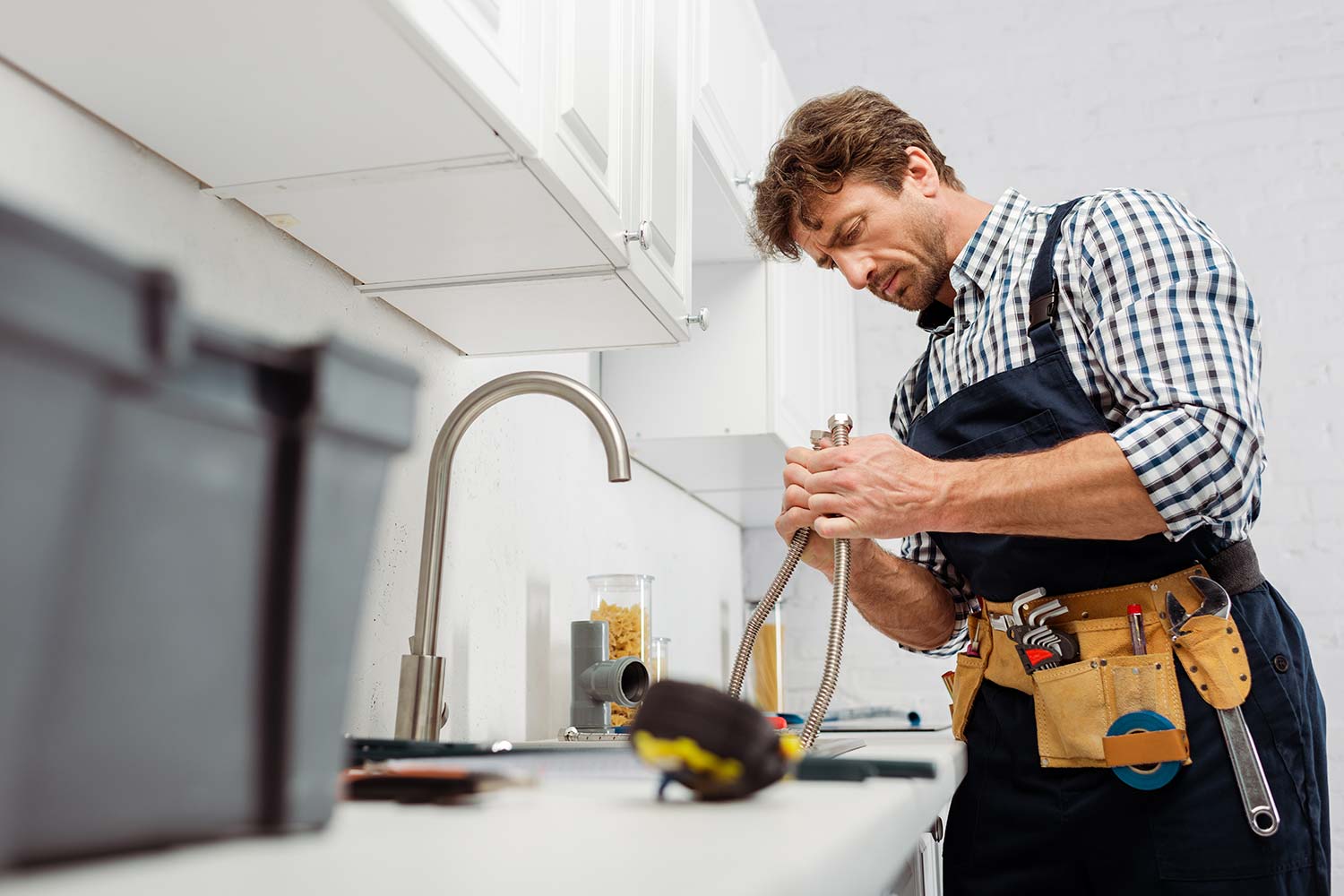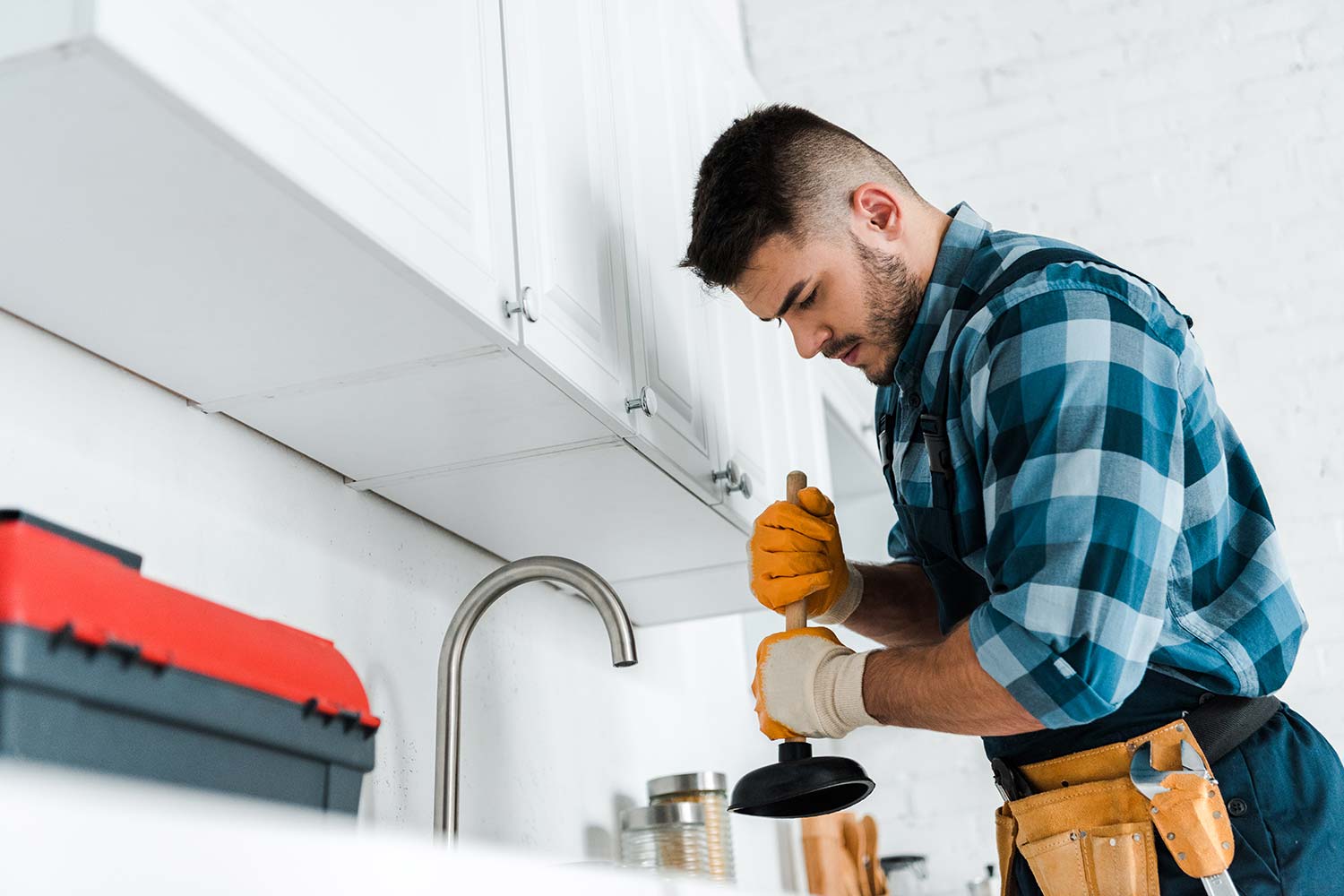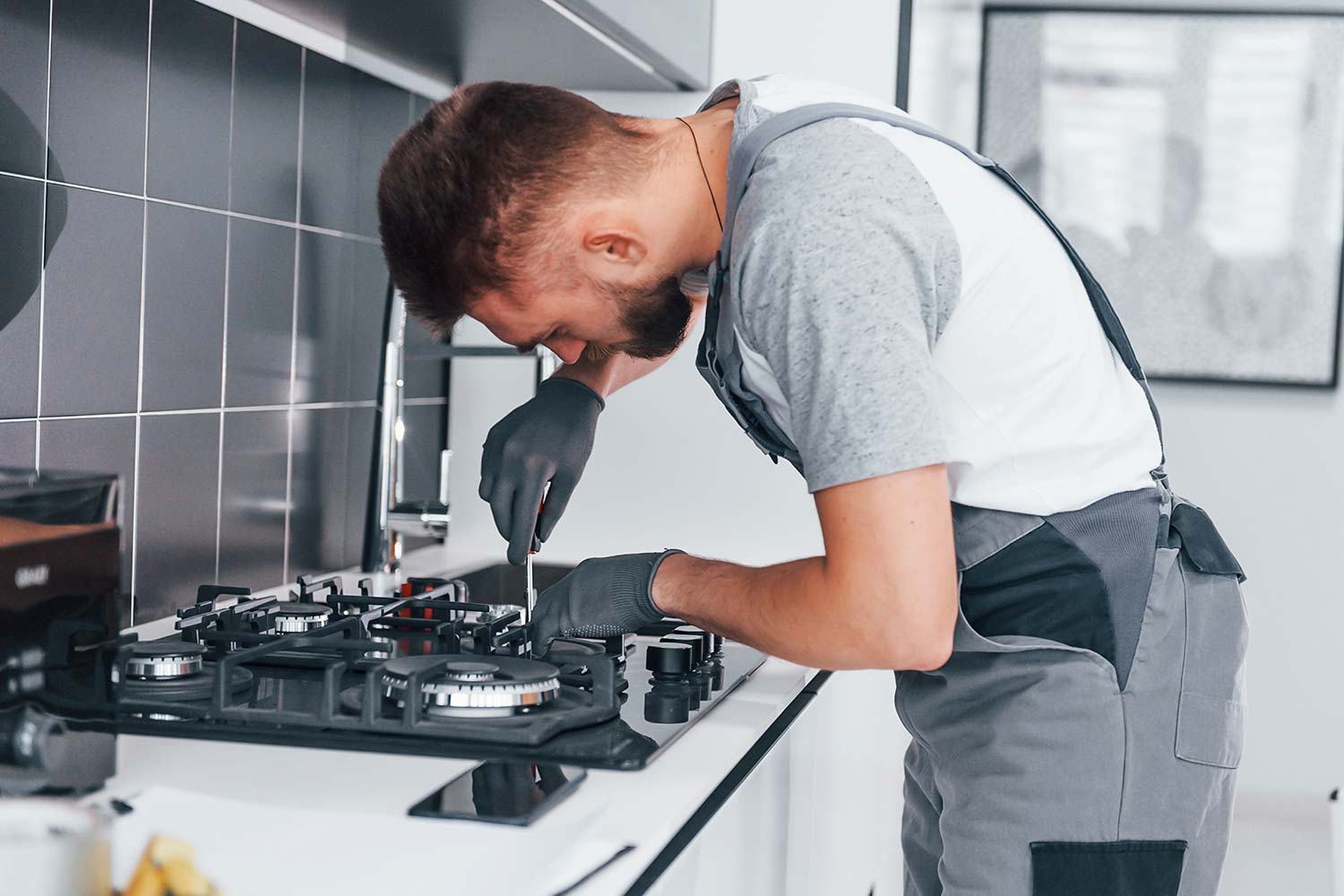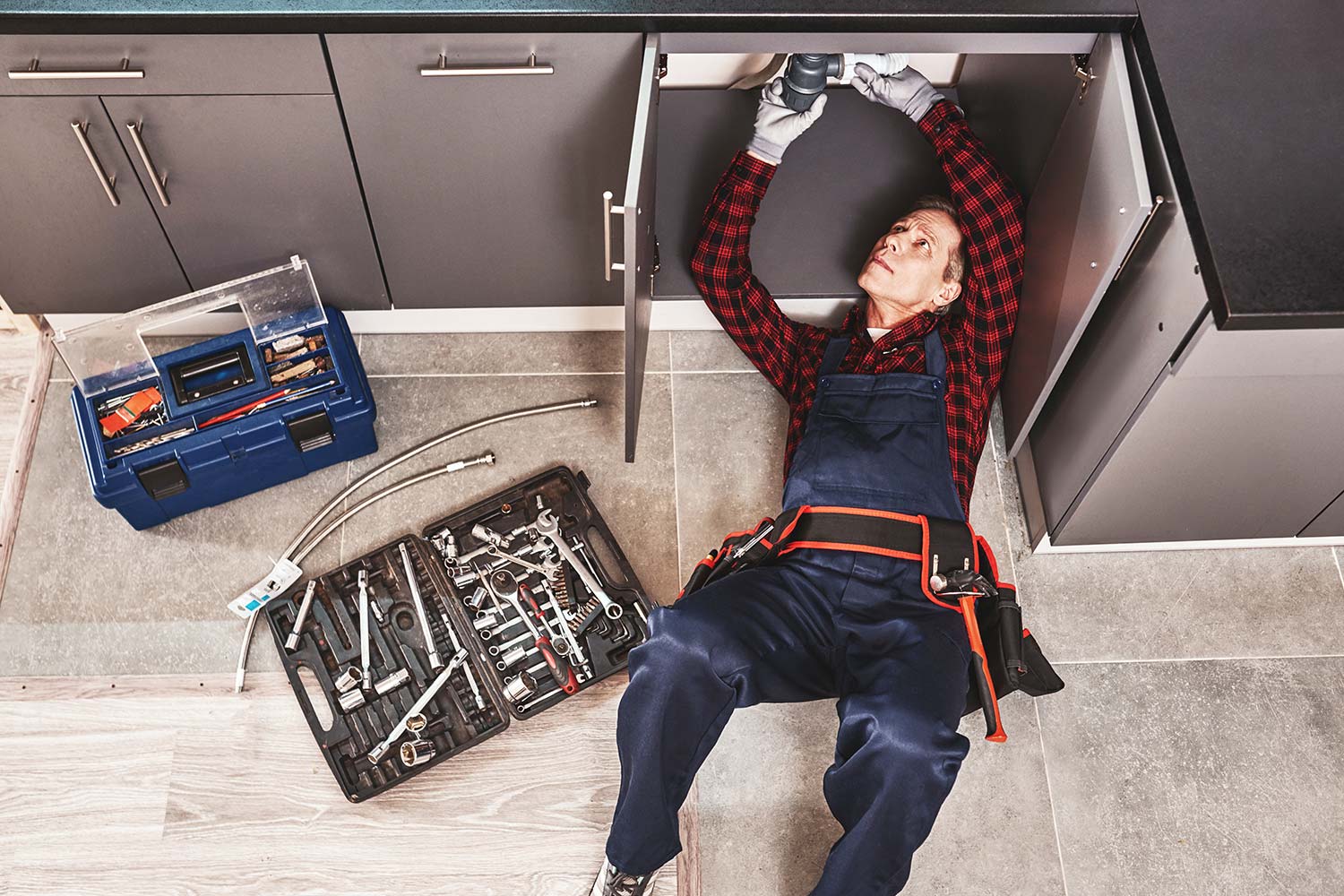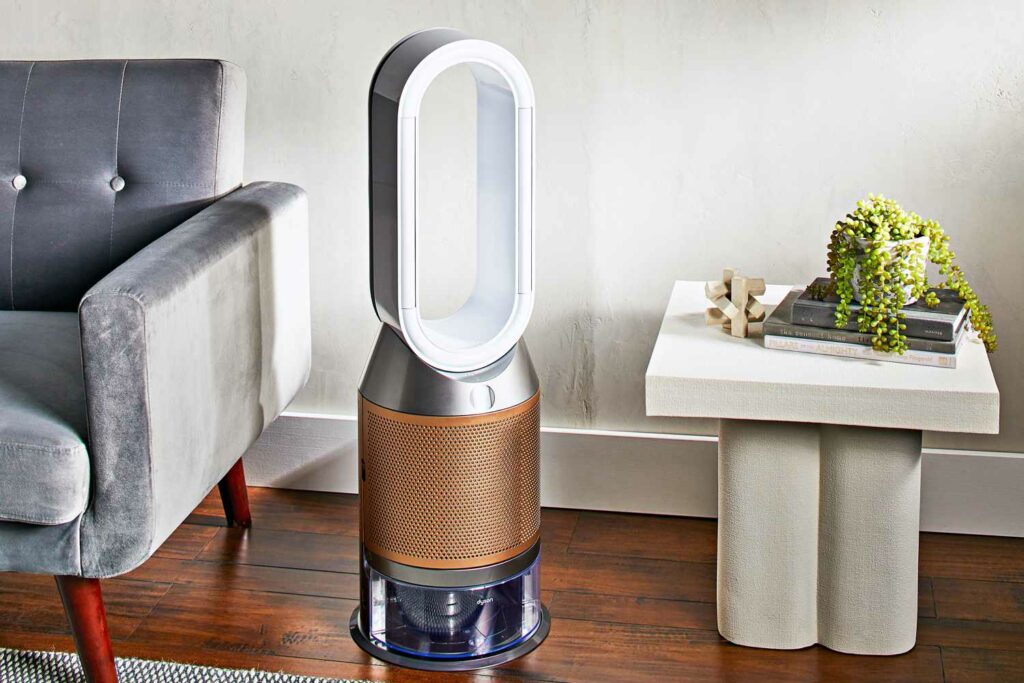Electrical emergencies can happen without warning, and when they do, it’s crucial to know how to react quickly and safely. Whether it’s a sudden power outage, a smoking outlet, or exposed wiring, electrical issues require immediate attention to prevent further damage or potential injury. At McPhae Trade Services, we know that fast action in an emergency can make all the difference. Here’s what to do while you wait for a licensed electrician to arrive.
1. Assess the Situation and Stay Calm
The first step in handling an electrical emergency is to stay calm and carefully assess the situation. Determine if there’s an immediate danger to your home, such as sparks, smoke, or electrical fires. If you notice any of these signs, it’s crucial to act swiftly while avoiding panic. In some cases, evacuating the area may be the safest option.
2. Turn Off the Power
If you can safely access your electrical panel, turn off the power to the affected area of your home. For larger emergencies, such as a fire or widespread electrical failure, you may need to cut off power to the entire house. Shutting off the power at the main circuit breaker prevents the risk of further electrical surges, fires, or shocks.
Important: If there’s water near any electrical appliances, outlets, or wiring (due to flooding or leaks), do not attempt to turn off the power yourself. In this case, leave the area immediately and wait for a professional.
3. Evacuate if Necessary
If the electrical issue poses a significant risk to your safety—such as sparks, electrical fires, or the smell of burning wires—evacuate the area immediately. Don’t attempt to use water to extinguish an electrical fire, as it can cause electrocution. If you notice flames, use a Class C fire extinguisher, designed specifically for electrical fires, if it’s safe to do so. Otherwise, leave the area and call 911 before contacting your electrician.
4. Avoid Touching Electrical Components
In an emergency, avoid touching any exposed wires, switches, or electrical appliances. Even if a device appears to be off, it may still carry an electrical charge. This also applies to using water near electrical components; moisture can increase the risk of electrical shock.
5. Unplug Devices if Possible
If an appliance or device is the cause of the electrical issue—such as sparking, smoking, or malfunctioning—unplug it if you can safely do so. Unplugging the device removes it from the power supply and reduces the risk of further damage to your system.
Note: If the appliance is wet, or if unplugging it puts you at risk of touching a wet surface, do not attempt to disconnect it. In this case, it’s better to wait for a professional.
6. Keep a Safe Distance
If the issue involves live wires or sparks, make sure to maintain a safe distance from the affected area until help arrives. Electrical problems can quickly escalate into fires or explosions, so keep yourself, your family, and pets away from the danger zone.
7. Use Emergency Lighting if Needed
If your home is without power, use flashlights or battery-operated lanterns for light. Avoid using candles or open flames, as they can create additional hazards during an electrical emergency.
8. Document the Issue (If Safe)
While waiting for the electrician, try to document the problem. Take pictures or make notes about the symptoms of the issue, such as where the problem occurred, what devices were in use, and any unusual sounds or smells you noticed. This information can help your electrician diagnose the problem more efficiently when they arrive.
9. Check for Additional Problems
If your emergency involves one part of the home (such as a smoking outlet), quickly check other outlets, switches, or appliances to see if the issue is isolated or more widespread. Knowing whether the problem affects only one area or multiple circuits will help the electrician address the situation more effectively.
10. Call a Licensed Electrician Immediately
Once you’ve taken immediate safety precautions, call a licensed electrician to handle the emergency. At McPhae Trade Services, we provide fast and reliable emergency electrical services. Our trained technicians will respond quickly to assess the problem and make necessary repairs to ensure your home is safe. Don’t attempt to fix electrical problems on your own—professional help is essential for preventing further damage and ensuring your safety.
Why Emergency Electrical Repairs Shouldn’t Be Delayed
Electrical problems are not something you should put off. Ignoring issues like faulty wiring, sparks, or frequently tripped breakers can lead to more serious hazards, including electrical fires. Additionally, delaying repairs could increase the cost of repairs down the line. By addressing electrical problems quickly, you can prevent further damage to your home and keep your family safe.
McPhae Trade Services is here to provide expert emergency electrical repair services when you need them most. If you’re facing an electrical emergency, don’t hesitate to call us for prompt assistance. Our experienced electricians will arrive quickly, diagnose the issue, and make the necessary repairs to restore safety and functionality to your home.

